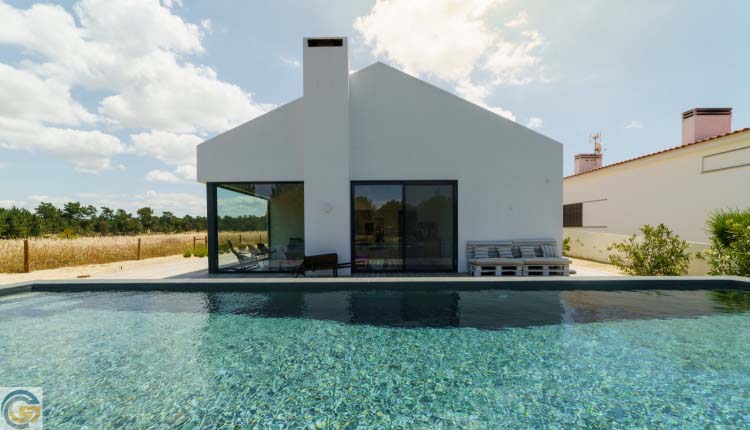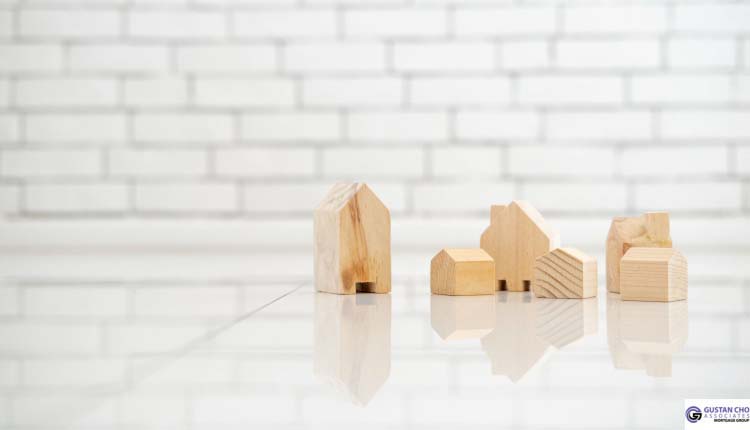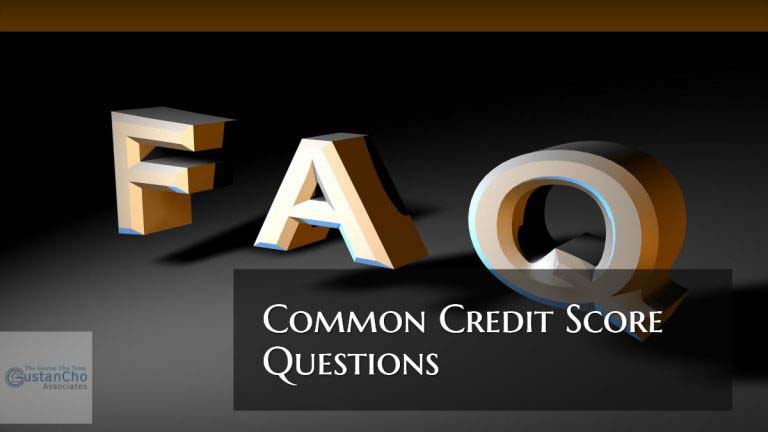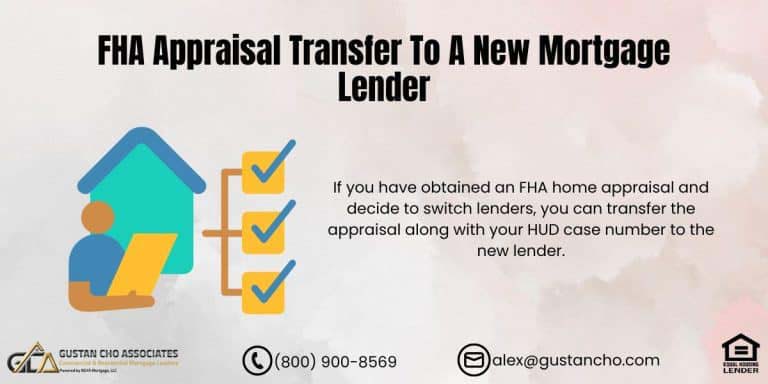This guide covers home purchase versus renting for homebuyers. There are many added benefits to a home purchase versus renting home. Many first time home buyers are gun shy in considering in buying their home. Here are some of the common questions first time home buyers have on home purchase versus renting: The three questions above are the most common first time home buyer questions and the answers are the following:
- How Much Money Do I Need To Buy A Home?
- Can I Get A Mortgage With Bad Credit?
- How Much More Will My Housing Payments Be On A Home Purchase Versus Renting
How Much Is Required on Home Purchase Versus Renting
How much money do I need to buy a home? To qualify for aN FHA loan, buyers need 3.5% down payment. To qualify for Conventional loans, 3% to 5% is required. VA and USDA loans do not require a down payment on a home purchase. However, VA loans are only limited to Veterans with a Certificate of Eligibility.
Good news is VA Loans does not have a minimum credit score requirement and there is no debt-to-income ratio caps. They are one of the easiest home loans to qualify for.
USDA loans needs to be located in an area that the United States Department of Agriculture Rural Housing Development deems a Rural Development designated area. On any home purchase, buyers need closing costs. Closing costs can be covered with seller concessions or a lender credit. Renters need to come up with first month’s rent plus security deposit. Homebuyers do not have to worry about closing costs. This is because most home buyers get seller concessions or lender credit to cover closing costs on a home purchase.
Thinking About Buying a Home Instead of Renting? Let Us Help You Make the Right Choice!
Contact us today to learn how we can help you get pre-approved and start your journey to homeownership.Deciding To Home Purchase versus Renting
Deciding whether to buy a home or continue renting is a significant financial and lifestyle choice. Each option has pros and cons, varying depending on individual circumstances, market conditions, and long-term goals. Homeownership offers stability, as you don’t have to worry about rent increases or lease renewals. Owners can renovate and customize their homes to fit their preferences without landlord approval. Homeowners may be eligible for various tax deductions, such as mortgage interest and property taxes. Homes can appreciate over time, providing a return on investment when sold.
Cons of Home Purchase Versus Renting
Buying a home requires a significant upfront investment, including a down payment, closing costs, and moving expenses. Homeowners are responsible for all maintenance and repair costs, which can be unpredictable and costly. Property values can fluctuate, and there’s no guarantee your home will appreciate. Selling a home can be lengthy, making it harder to relocate quickly than renting.
Financial Considerations:
Compare the cost of rent to a monthly mortgage payment, including property taxes, insurance, and maintenance costs. Evaluate the housing market in your area. In some markets, renting might be more economical, while buying could be a better investment in others. Assess your financial stability, credit score, and savings. Home buying typically requires a stable income and good credit.
Lifestyle Considerations of Home Purchase versus Renting
Consider your long-term plans. Buying may be more advantageous if you plan to stay in one place for a long time. If you anticipate moving soon, renting offers more flexibility. Consider your lifestyle preferences, such as the desire for customization, yard space, and community amenities.
Buying Home and Qualifying For Mortgage With Bad Credit
Can I get a mortgage with bad credit? The answer is Yes: Homebuyers can qualify for an FHA loan which only requires a 580 Credit Score to qualify for a 3.5% down payment home purchase loan. HUD, the parent of FHA, allows borrowers with credit scores down to 500 FICO to qualify for FHA loans. However, credit scores below 580 require 10% down payment per HUD Lending Guidelines. Borrowers can qualify for FHA loans with outstanding unpaid collection accounts and charge off accounts. Gustan Cho Associates is a national mortgage company licensed in multiple states with no overlays and do not require outstanding collections and charged-off accounts to be paid to qualify.
Payment Shock From Renting To Owning New Home
How much more will my mortgage be on a home purchase versus renting? The amount home buyers will be paying on their new mortgage on a home purchase versus renting depends on how much home they get. Payment shock is the difference on what renters are paying for rent now versus how much their mortgage loan balance will be. It will also depend on factors such as property taxes and homeowners insurance. It also depends on whether a new home purchase is located in a flood plain. Flood insurance will be necessary for flood zones. Housing payments depends on whether the new home purchase has homeowners association dues.
Considerations on Home Purchase Versus Renting
When thinking on a home purchase versus renting can often be rather difficult. This holds true especially for first time home buyers who never owned a home. Here are some things home buyers should consider when thinking of a home purchase versus renting:
- What is your lifestyle?
- What is your financial situation
- What are short term, intermediate, and long-term plans?
- What are your career plans?
- Are you settled in your current job?
- Does your company want you to relocate?
- Does your current job offer stability?
All of the above factors need to be factored in buyers’ decisions when considering between a home purchase versus renting an apartment or home.
Financial Considerations on Home Purchase Versus Renting
There are many renters whose monthly rental payments they spend each month are equal or more then what their monthly mortgage payment would be. One huge financial consideration renters need to consider is that part of the money that a homeowner pays on their monthly mortgage payment will go towards paying down their mortgage loan balance. This will reduce and lower loan balance and homeowners will accumulate equity. If paying monthly rent, none of the rent payments will be an investment. Rent is nothing more than an expense. Bottom line is the following:
- Monthly mortgage payment goes towards principal and interest
- The monthly mortgage payment is considered an expense and none of it is an investment
- As a homeowner, the chance of home appreciating is likely
- A home purchase is an investment in real estate
- As a renter, if the home appreciates, the landlord will raise the rent
- Will not get any of rental money back when renters move out of the rental
- This is because renters do not own their rented unit
Both buying a home and renting have distinct advantages and disadvantages. The best choice depends on individual financial situations, lifestyle preferences, and long-term goals. It’s important to thoroughly evaluate both options and seek advice from financial advisors or real estate professionals.
Investment Considerations on a Home Purchase Versus Renting
A home purchase is considered an investment. A homeowner has the best of two worlds: The benefit of being a homeowner. The benefit to enjoy and use their investment because owning a home is considered an investment. A home purchase versus renting offers many more advantages. Here are some of the great benefits of being a homeowner versus a renter: Great Appreciation Potential:
- A house is considered real estate
- Real estate is considered long term investments
- Historically, residential homes have increased and are considered one of the safest investments
- As a homeowner, your home is probably most likely the single biggest investment you invest in your lifetime
- As a homeowner, mortgage loan balance, or debt, will decrease and home will appreciate over time
- As you do home improvements like modernizing your homes such as basement remodeling, attic remodeling, or room additions, the value of the home will increase
Each mortgage payment contributes to building equity in your home, essentially turning part of your living expense into an investment.
Tired of Renting? Explore the Benefits of Homeownership!
Reach out today to find out if buying a home is the right move for you.Renting a Home
There are pros and cons of renting a home versus buying. Renting offers more flexibility to move without the commitment of owning a home. Lease terms can be short, and moving out is generally easier. There is lower upfront cost renting a home versus purchasing one. Renting typically requires a security deposit and the first month’s rent, which are lower than buying a home. Renters do not have to worry about maintenance costs. Landlords are usually responsible for maintenance and repairs, saving tenants from these expenses. Renters are unaffected by housing market fluctuations, making it easier to budget for housing costs.
Negatives of Renting versus Buying a Home
Rent payments do not contribute to building equity, meaning all payments are expenses with no return. Rent can increase with each lease renewal, making it harder to predict long-term housing costs. Renters often face restrictions on making changes or improvements to the property. There is less stability in renting, as leases can be terminated, and renters may have to move unexpectedly. Renting Is an expense: Renters never see their monthly rental payments ever again once it is given to their landlord every month. Not a penny of your rent goes towards equity.
Home Purchase Versus Renting: Pride of Ownership
A home purchase versus renting a home is an investment versus an expense. Homeowners have an asset that appreciates over time. If you have a 30 year fixed rate mortgage loan on a $300,000 home purchase, not only are you going to have a free and clear home after the 30-year term, the $300,000 home purchase may be worth substantially more after 30 years. As a renter, you do not have anything after 30 years of paying rent
Benefit of Principal and Interest Remaining The Same
Homeowners with a 30-year fixed-rate mortgage, monthly mortgage payments will remain the same over the 30 year period. The only changes will be property taxes and insurance. However, as a renter, landlord or property management company will increase rent every time renters renew their lease
Benefit of Income Tax Deductions
Rental payments are not tax-deductible. One of the greatest benefits as a homeowner is they can deduct the interest of their mortgage loan payments as well as their property taxes from their income taxes.
Greatest Benefit To Becoming a Homeowner
Adopting a puppy or dog is one of the greatest benefits of becoming a homeowner. Many landlords may allow a pet cat but not dogs. As a homeowner, you can adopt a dog, man’s best friend. Being a dog owner is one of the greatest gifts in life. Many renters who become first-time homeowners purchase a dog as soon as they get settled in their home purchase.
Contact Us to Become a Homeowner Versus Renter
Becoming a homeowner is not as difficult as many people think. It does not cost you a penny to see if you qualify for a home loan. If you are a renter and see if you can qualify for a home loan, contact us at 800-900-8569 or text for a faster response. Or email us at alex@gustancho.com. We are available 7 days a week, evenings, weekends, and holidays.









